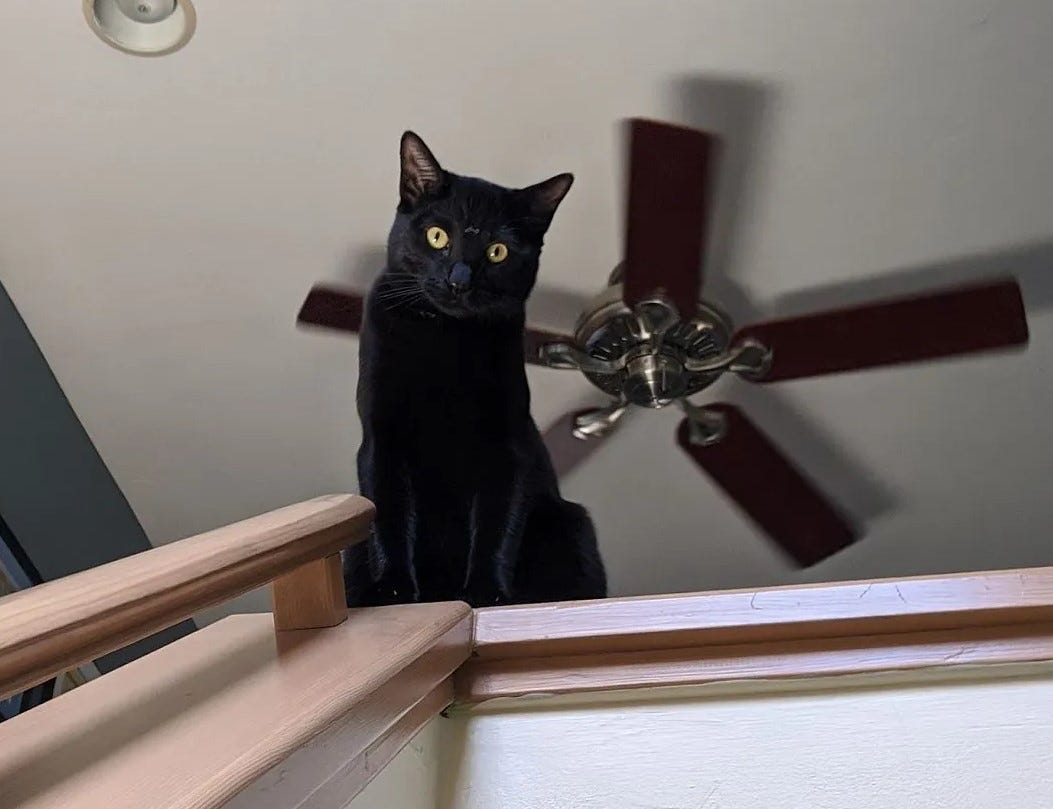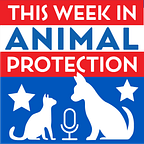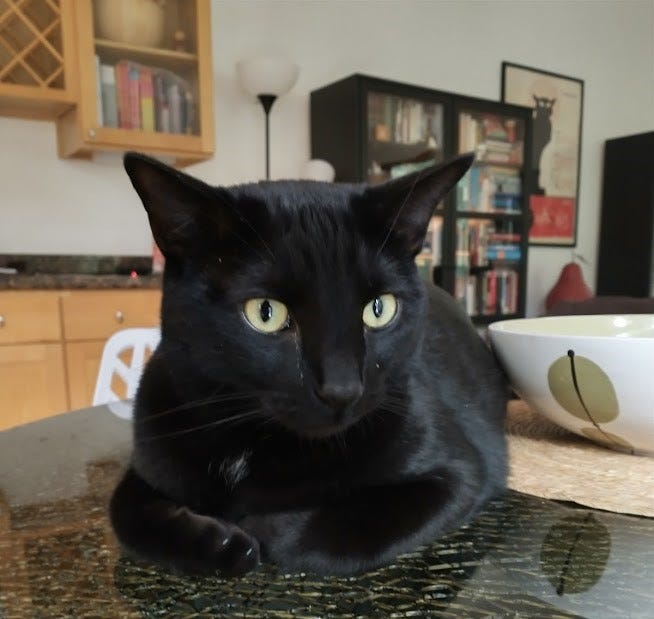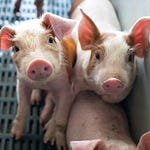
These are some of the stories making headlines in animal protection:
Subscribers can also listen to the podcast above, which includes extended commentary on many of the issues, including the emergence of Critical Race Theory in the humane movement and how it threatens to upend more than a century of progress in animal welfare and animal rights.
For those who want to skip the news and go straight to the main discussion, it begins at the 21:05 mark.
Utah animal lovers announced planned protests against the use of the gas chamber at North Utah Valley Animal Shelter. The pound admitted that cats who hide in the corner of their cages are gassed to death, often on the same day they come in. The pound also gasses “very friendly” dogs despite rescue groups ready, willing, and able to place them.
There is no progressive sheltering agency of any scope or stature willing to philosophically embrace gas systems for the killing of animals. When the chamber is filled with gas, the animals inside gasp for breath, feel a searing pain in their lungs, and often claw at the chamber door or throw themselves against the sides in a desperate attempt to escape.
A bill to ban the gas chamber in Utah failed for the ninth year in a row because of opposition from regressive pound directors and their allies.
Similarly, in May of 2021, the Green River City Council in Wyoming was asked to vote on getting rid of the gas chamber to kill animals at its local pound. Not one city councilmember seconded the motion and it failed to pass. But after a series of public protests by local citizens, the Mayor directed staff to come up with a plan to replace gas killing. That was nine months ago and the city pound is still gassing animals.
The Chief of Police who oversees the pound says “the police department is in the process of working towards removing the gas chamber” but refused to indicate how long it would continue to take. In addition to offering one excuse after another, he said pound staff who gas animals to death care about them and treat them “fairly,” a claim no one really believes.
A new California law requires multi-family housing developments financed by taxpayers to be pet-friendly. Specifically, any low-income housing built in the state with funding from the Department of Housing and Community Development or by giving developers tax credits must allow residents to share their homes with pets.
According to the California Senate analysis,
A lack of pet friendly housing options has put some pet owners in a position of choosing between keeping their household pet or keeping a roof over their head... This puts emotional strain on families, disproportionately low-income households, and burdens county shelters. A lack of pet friendly housing options is regularly cited as a reason that families relinquish their pet to local shelters.
While the new law allows reasonable restrictions, such as the number of animals a resident may have, it does not allow landlords to ban breeds, limit the weight of pets (often used as a proxy for breed restrictions), or charge a “pet rent” or additional “pet security deposit.”
As more people turn to rescue and adoption and more shelters embrace progressive policies, the number of communities placing over 95% and as high as 99% of the animals is increasing.
Montrose County, CO, reported a 99% placement rate for dogs, 90% for cats, and 96% for other small animals.
These communities and national data prove that animals are not dying in pounds because there are too many, too few homes, or people don’t want the animals. They are dying because people in those pounds are killing them. Replace those people, implement the No Kill Equation, and we can be a No Kill nation today.
Israel’s “Future Meat Technologies has produced its first cultivated lamb – that looks, cooks and tastes like the real thing…” Cultured meat is made from a one time draw of stem cells. The stem cells are then replicated in a laboratory and grown in an animal-free medium to produce real meat from animals without killing.
According to company officials,
The reason Future Meat’s cultivated lamb is indistinguishable from conventional lamb is because it is, first and foremost, real meat. It sizzles, sears and tastes just like people expect — and it’s amazing.
It is also amazing because the exploitation, neglect, abuse, and killing of animals for food is the greatest source of suffering on the planet.
“Lamb is the primary meat source for several countries throughout the Middle East, Northern African and parts of Asia. Europe consumes the most lamb in the world,” although Future Meat indicated it is also preparing to offer it in the U.S.
Meanwhile, Bond Pet Foods announced it will begin feeding trials of its “nature-identical” chicken meat protein in early 2023. The chicken is made through precision fermentation, which does not require killing chickens. Bond announced “a partnership with Hill’s Pet Nutrition to develop a craft meat protein for its product portfolio” and said its meat proteins will be ready for commercialization within two years.
















